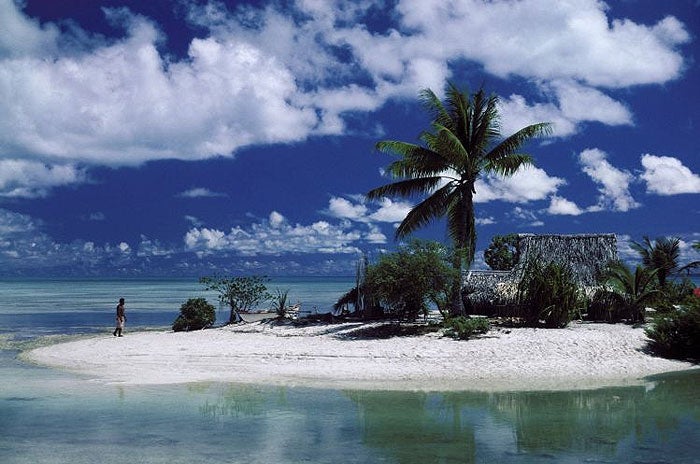Kiribati opens up world’s largest protected marine reserve to commercial fishing
Government says earlier ban was resulting in loss of revenue for Kiribati

The Pacific island nation of Kiribati is opening the world’s largest marine reserves to commercial fishing, in a move that is intended to boost economic gains for its people.
The vast area located between New Zealand and Hawaii spans 408,250 square kilometre — almost the size of Greenland — is home to coral reefs and a unique ocean ecosystem. It has been secured from any commercial activity since 2015 and comes under the Phoenix Islands Protected Area (PIPA) and UNESCO world heritage site.
However, the government has felt the need to open it up to commercial fishing to better its economy. In a press statement released on Monday, the office of Taneti Maamau, the president of Kiribati, confirmed the decision. It added that the ban had resulted in a loss of revenue for Kiribati, and now it wanted to “sustainably use marine resources”.
“It is abundantly clear that the development policy logic at its inception, however innovative and well-intended, will not be sufficient to meet the present need of the people of Kiribati,” the president said in the statement. “Similar to any government, our decisions, as we make them, put the livelihoods of our people at the fore and have been carefully considered and agreed to as a government.”
The statement added: “Our decision as a sovereign country and government is people-centric and commensurate with holistic options for marine protection and management, economic diversification, sustainable tourism and fisheries, to promote the growth of Kiribati’s blue economy, and uplift the lives of all I-Kiribati.”
The island nation depends on fishing licences for a large portion of its annual revenue and its protected zone consists of lucrative tuna stocks. Eighty per cent of the country’s population is engaged in either fishing or farming.
There have been speculations that the island nation opened up its marine park due to China’s interest in accessing the pristine waters. The country recently endorsed Beijing’s claims over Taiwan.
However, the president’s statement denied any foreign role. “This is extremely misleading, grossly inaccurate and exhibits the usual hypocritical narratives driven by ‘neo-colonial precepts’,” the statement said.
The island nation’s former president Anote Tong expressed his disappointment over the decision. “It’s a huge blow for conservation but I think it’s a much bigger blow to our credibility as a nation,” Mr Tong, who helped create the marine park, told TVNZ.
Join our commenting forum
Join thought-provoking conversations, follow other Independent readers and see their replies
Comments
Bookmark popover
Removed from bookmarks